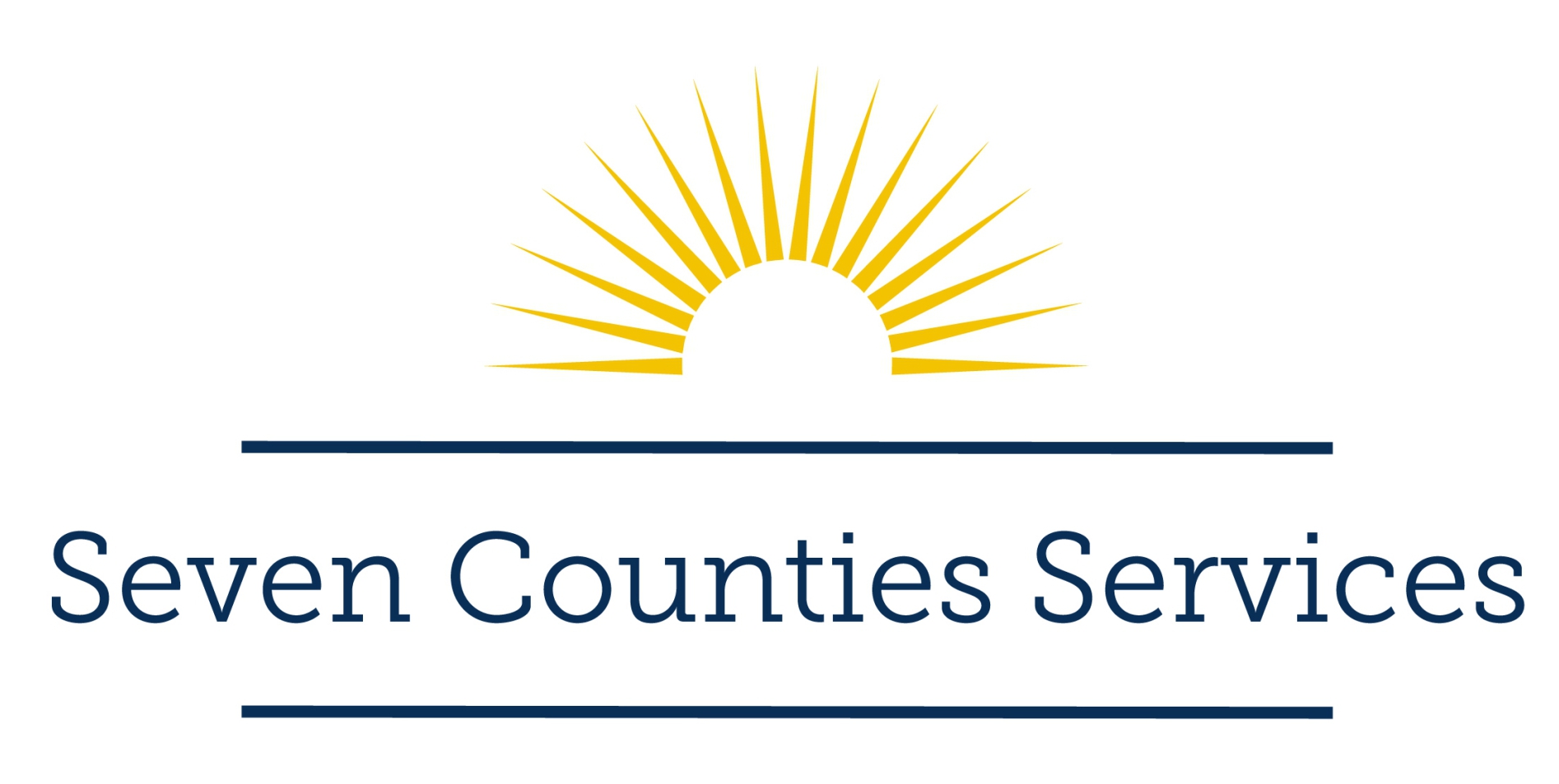Understanding Bipolar Disorder
The National Institute of Mental Health defines bipolar disorder as a mental illness that causes unusual shifts in a person’s mood, energy, activity levels, and concentration.
Types of Bipolar Disorder
Bipolar disorder is classified into three types, all of which involve noticeable fluctuations in mood, energy, and activity levels. These moods can vary from episodes of extremely elated, irritable, or energized behavior (known as manic episodes) to periods of very sad, indifferent, or hopeless feelings (known as depressive episodes). Less severe manic periods are called hypomanic episodes.
- Bipolar I disorder is defined by manic episodes that last for at least seven days or by manic symptoms that are so severe the person needs immediate medical care. Depressive episodes often occur as well, lasting at least two weeks. Episodes of depression with mixed features (having depressive symptoms and manic symptoms at the same time) are also possible. Experiencing four or more episodes of mania or depression within one year is called rapid cycling.
- Bipolar II disorder is defined by a pattern of depressive episodes and hypomanic episodes. The hypomanic episodes are less severe than the manic episodes in bipolar I disorder.
- Cyclothymic disorder is defined by recurring hypomanic and depressive symptoms that are not intense enough or do not last long enough to qualify as hypomanic or depressive episodes.
Sometimes, a person may experience bipolar disorder symptoms that do not fit into the standard categories. These are referred to as “other specified and unspecified bipolar and related disorders.”
What Causes Bipolar Disorder?
Bipolar disorder affects millions of adults in the United States. It’s a mental illness that can affect people of any age, but it is most commonly diagnosed in teenagers and young adults. The symptoms of bipolar disorder can be long-lasting, but many people learn to manage them effectively. Those who have a family history of bipolar disorder, have experienced trauma, or have misused drugs or alcohol are at a higher risk of developing the condition. Differences in brain structure and function may also play a role in the development of bipolar disorder.
Signs and Symptoms of Bipolar Disorder
Everyone’s experience with bipolar disorder is different which means the signs and symptoms vary. Here are some common examples:
A manic episode may include:
- Intense feelings of euphoria, excitement, or happiness
- Appearing abnormally jumpy or wired
- Excessive energy
- Insomnia or restlessness
- Speaking fast or being unusually talkative
- Racing or jumbled thoughts
- Easily distracted
- Increased self-esteem
- Doing impulsive or risky things
- Increased agitation and irritability
- Hypomania
A depressive episode may include:
- Feeling down, sad, worried, worthless, anxious, guilty, empty, or hopeless
- Lack of interest, or no interest, in activities
- Feeling tired, low energy
- Forgetfulness
- Indecisiveness
- Difficulty concentrating
- Changes in sleep, too much or too little
- Changes in appetite, too much or too little
- Thoughts of death and/or suicide
Treatment for Bipolar Disorder
Bipolar disorder is a chronic condition that persists throughout a person’s life. It can be an overwhelming and isolating experience for individuals who are affected by it. Therefore, receiving an early and accurate diagnosis is crucial, which is the first step towards recovery. A combination of appropriate treatment, support, and self-care can enable people with bipolar disorder to lead a healthy and fulfilling life.
If you are experiencing symptoms of bipolar disorder, Seven Counties Services is here to help with Kentucky’s most qualified medical and psychiatric professionals! When setting up your first appointment, the information you provide will help us pair you with a dedicated treatment provider who will accompany you on your journey every step of the way. Call (502) 589-1100 or set up your appointment online today!
If you or someone you know is in crisis and needs urgent help, please call us at (502) 589-4313, or call the 988 Suicide & Crisis Lifeline.
Reviewed by Jean Romano, LPCC‑S, the Vice President of Adult Services at Seven Counties Services.




